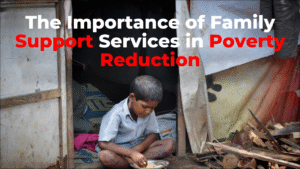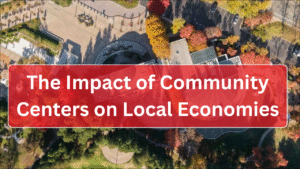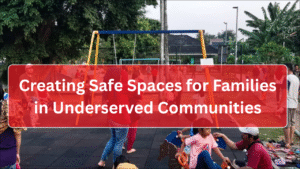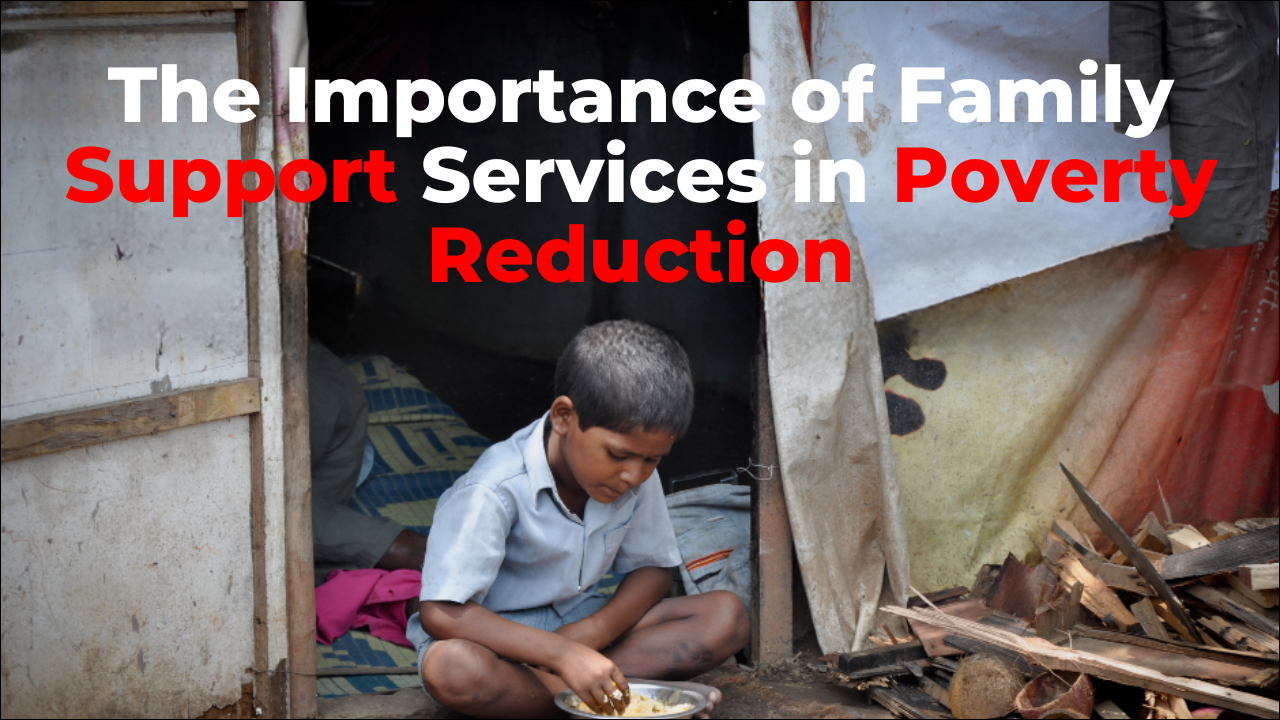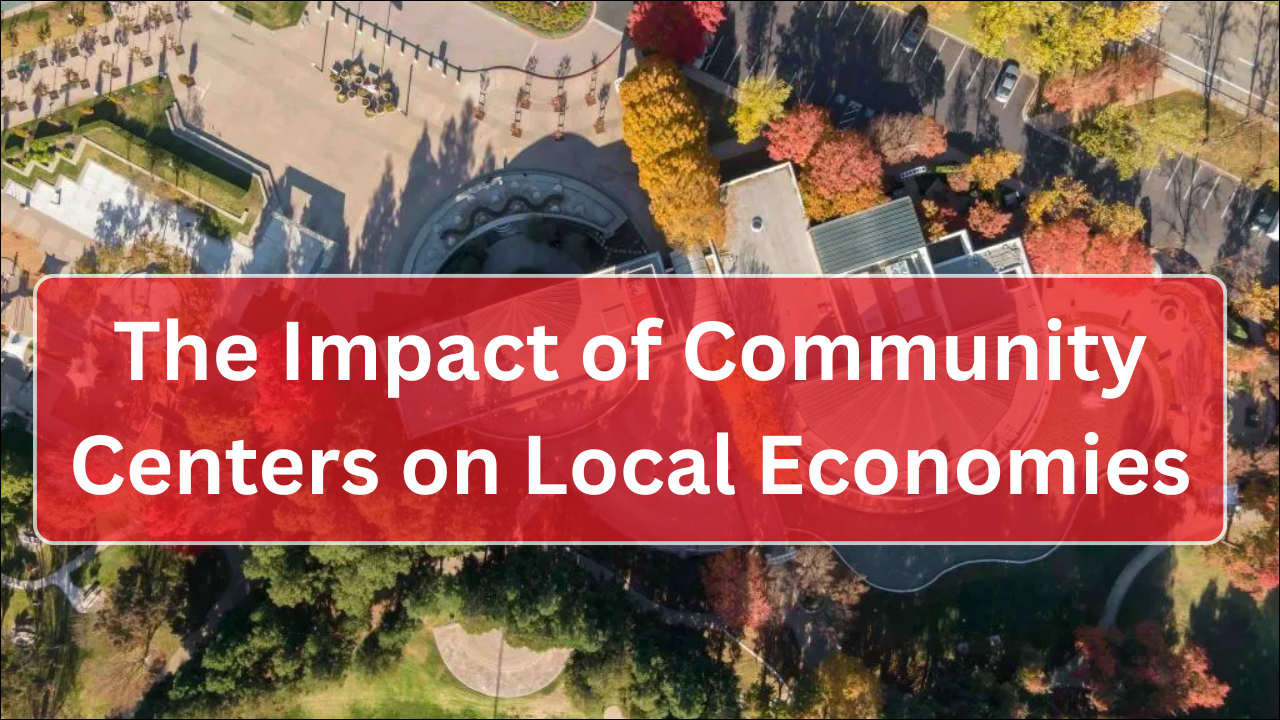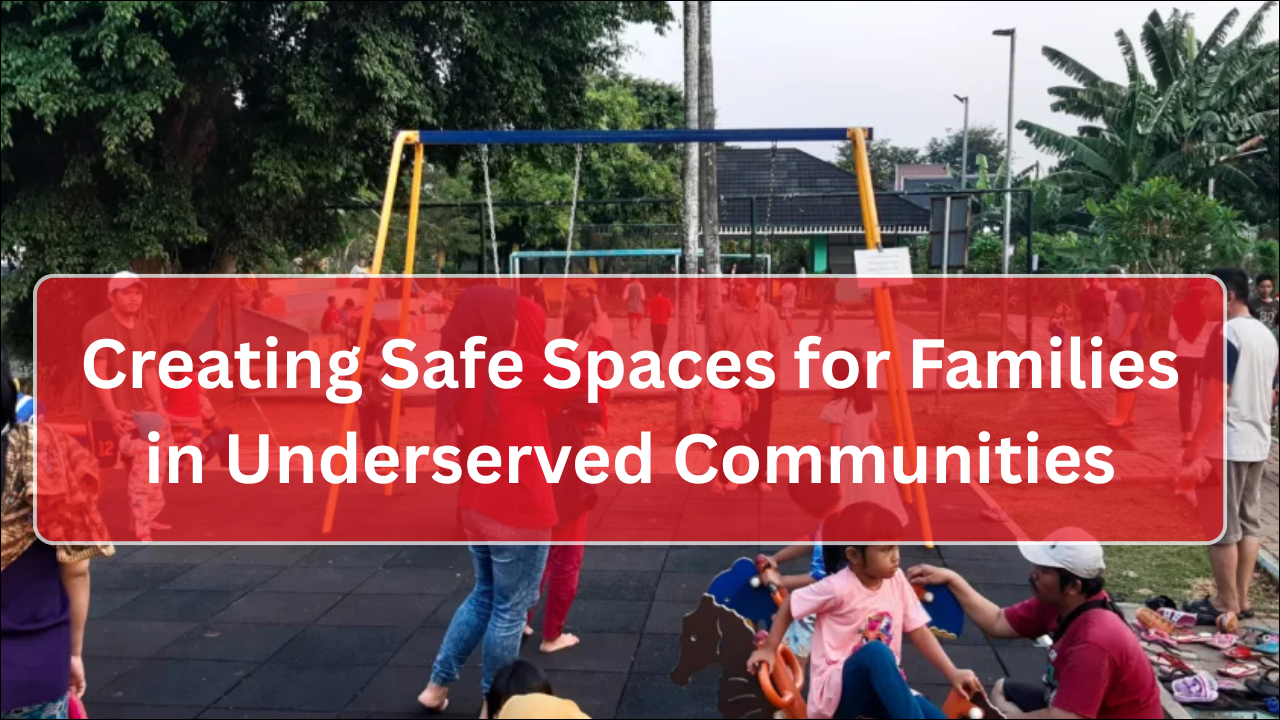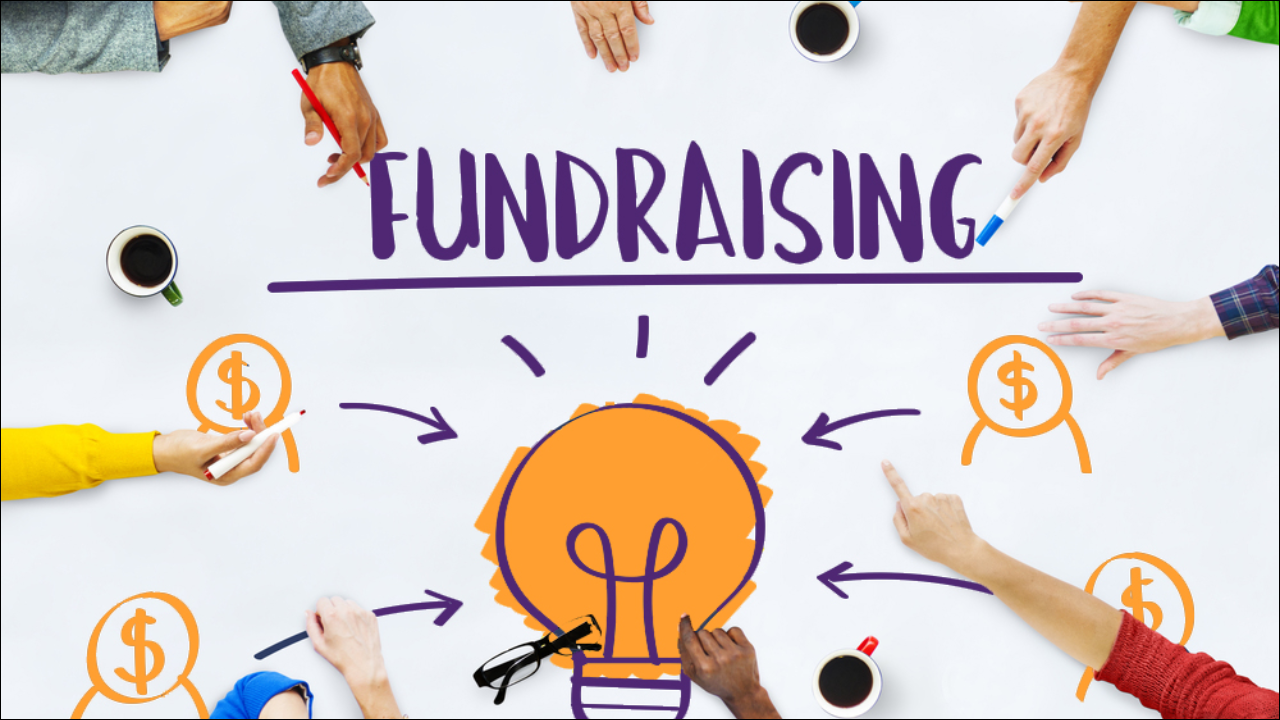
Donations are the lifeblood of organizations like The Hope Center for Families, enabling them to deliver essential services and create lasting change in the lives of underserved families. Contributions from individuals, businesses, and foundations support programs that address education, healthcare, nutrition, workforce development, and family stability. By funding these initiatives, donors play a critical role in helping families overcome barriers and achieve long-term economic and social empowerment.
Table of Contents
1. Supporting Educational Programs
Donations directly fund educational opportunities for both children and adults.
- Early childhood education programs prepare children for school readiness and long-term academic success.
- Adult education initiatives, including GED completion, literacy programs, and vocational training, enhance employability.
- After-school tutoring and enrichment activities provide academic support and skill-building opportunities.
- Scholarships and financial assistance ensure that low-income families can access higher education and certification programs.
Educational Programs Funded by Donations
| Program | Target Group | Impact of Donations |
|---|---|---|
| Early Childhood Education | Preschool-aged children | Improved school readiness and cognitive development |
| Adult Education & GED | Adults without high school diplomas | Increased employment opportunities and income potential |
| After-School Tutoring | School-aged children | Enhanced academic performance and skill development |
| Scholarships & Certifications | Low-income students | Access to higher education and specialized training |
2. Enhancing Healthcare Services
Healthcare programs rely on donations to maintain access and quality care.
- Pediatric care services ensure children receive preventive care, vaccinations, and treatment for chronic conditions.
- Mental health programs, including counseling and therapy, support emotional well-being for families.
- Health screenings, nutrition counseling, and wellness programs prevent illness and promote healthy lifestyles.
- Partnerships with local hospitals and clinics expand the reach and effectiveness of healthcare initiatives.
Healthcare Services Supported by Donations
| Service | Focus | Impact on Families |
|---|---|---|
| Pediatric Care | Preventive and treatment services | Healthy children with reduced school absences |
| Mental Health Counseling | Emotional and behavioral support | Improved family dynamics and resilience |
| Wellness & Nutrition Programs | Healthy habits, chronic disease prevention | Long-term physical and cognitive well-being |
| Community Health Partnerships | Expanded access to medical care | Increased healthcare availability for underserved families |
3. Funding Nutrition and Wellness Initiatives
Donations ensure that families have access to nutritious food and wellness resources.
- Food pantries and meal programs provide consistent access to healthy meals.
- Nutrition education teaches families how to prepare balanced meals on a budget.
- Fitness and wellness programs promote physical activity and overall health.
- Family-centered wellness initiatives encourage healthy habits across generations.
Nutrition and Wellness Programs Supported by Donations
| Program | Target Group | Impact of Donations |
|---|---|---|
| Food Pantries | Low-income families | Immediate relief from hunger and improved nutrition |
| Nutrition Education | Parents and children | Healthy eating habits and long-term health |
| Fitness & Wellness Programs | Entire family | Physical activity and disease prevention |
| Family Wellness Initiatives | Parents and children | Holistic family health and well-being |
4. Workforce Development and Employment Support
Donations expand access to training and employment opportunities for low-income families.
- Vocational training programs equip adults with skills for in-demand jobs.
- Career counseling, resume-building, and interview coaching improve job placement success.
- Apprenticeships and internships provide hands-on experience and employer connections.
- Soft skills workshops develop communication, teamwork, and professional conduct.
Workforce Programs Funded by Donations
| Program | Focus | Impact of Donations |
|---|---|---|
| Vocational Training | Technical and industry-specific skills | Increased employment and wage potential |
| Career Counseling | Job readiness, resume, and interview support | Higher employment rates and job retention |
| Apprenticeships & Internships | Practical work experience | Connections to local employers and career pathways |
| Soft Skills Workshops | Communication and professionalism | Improved workplace success and stability |
5. Strengthening Family Support Services
Donations bolster programs that provide stability and empowerment for families.
- Childcare services enable parents to pursue education and employment.
- Housing assistance and financial counseling promote household stability.
- Family counseling and mentoring improve relationships and decision-making skills.
- Community engagement initiatives foster social support networks and civic participation.
Family Support Services Funded by Donations
| Service | Purpose | Impact on Families |
|---|---|---|
| Childcare Assistance | Enable work and education participation | Parents can pursue jobs or classes without worry |
| Housing & Financial Support | Prevent homelessness and manage finances | Secure, stable living environments |
| Family Counseling & Mentoring | Emotional guidance and skill-building | Stronger family relationships and resilience |
| Community Engagement Programs | Social support and advocacy | Increased participation in local initiatives |
6. Enabling Emergency and Crisis Support
Donations allow the Hope Center to respond quickly to urgent family needs.
- Emergency food and supply distribution during crises.
- Short-term financial assistance for bills, rent, or medical expenses.
- Support for families affected by natural disasters or unexpected hardships.
- Rapid-response programs ensure no family is left without essential resources.
7. Supporting Long-Term Community Impact
Donations not only support individual families but also strengthen the wider community.
- Improved health and education outcomes create a more resilient population.
- Skilled and employed parents contribute to economic stability.
- Family stability reduces reliance on social services and promotes civic engagement.
- Donor contributions create lasting ripple effects, improving social and economic conditions locally.
Community Impact of Donations
| Area | Impact | Outcome |
|---|---|---|
| Education | Enhanced learning and skill-building | Higher graduation rates and workforce readiness |
| Healthcare | Access to preventive and ongoing care | Healthier families and reduced absenteeism |
| Nutrition & Wellness | Improved diet and fitness | Long-term physical and cognitive health |
| Economic Stability | Job training and financial support | Reduced poverty and stronger families |
| Community Engagement | Volunteerism and civic participation | Strengthened social networks and community resilience |
Last Words
Donations are fundamental to achieving the mission of The Hope Center for Families, enabling programs that transform lives and break cycles of poverty. By funding education, healthcare, nutrition, workforce development, family support, and emergency services, donors directly contribute to the well-being and empowerment of low-income families. Their generosity creates lasting impacts on children, adults, and communities, ensuring that families have the tools, resources, and opportunities to thrive.

